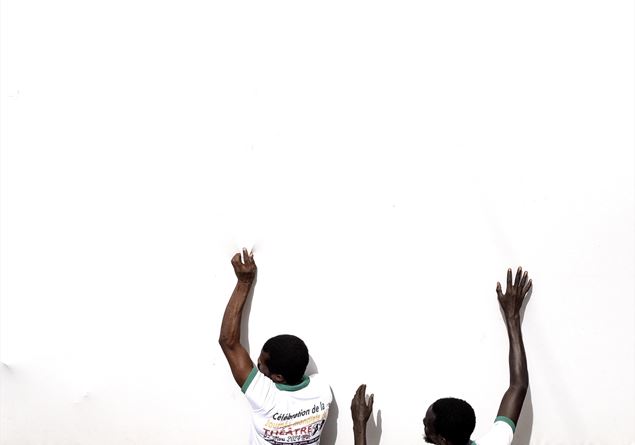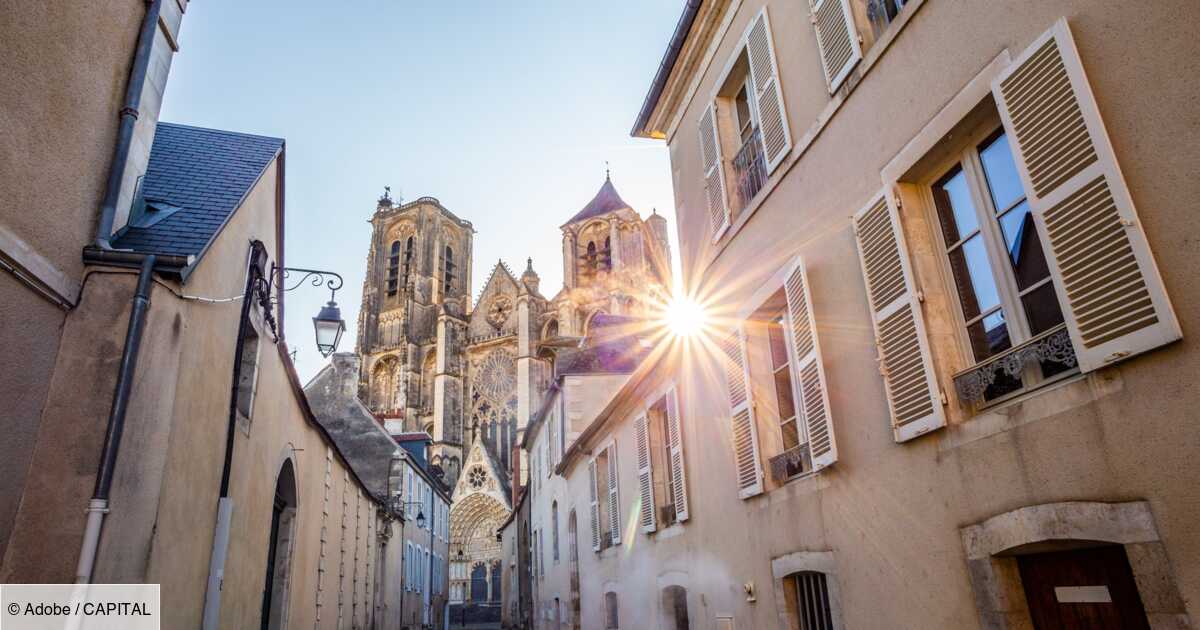Just pronounce the term “adolescence” and in the mind of several parents, fears and stress peeps out. Many would like to face the adolescence of the children “as late as possible”. While at 13 years old – the age, for example, of the protagonist of the English series Adoliscence, seen from millions of viewers – the boys are already completely immersed in adolescence. “According to the traditional definition of teenagers, there is no doubt that a thirteen year old is a teenager,” he explains Fabrizio Fantonipsychotherapist psychologist. With the expert we try to understand what the salient features of this age are and because, above all, in addition to effort and anger it is a phase of life full of wonder.
Who are adolescents today?
«As I said, the boys over ten years of age. And the same phenomena of puberty, that is, the set of physical changes proper to adolescence, have been placed over the years between the first grade secondary school and the beginning of the secondary school. A series of research by some important Italian pediatric centers – Gaslini of Genoa, Bambin Jesus of Rome, Meyer of Florence – report a slight increase in cases of early puberty, in correlation both with the increase in weight and with the use of electronic devices. This phenomenon was accentuated during the Lockdown for Covid. However, if the adolescence is considered in its psychic and behavior dynamics, it seems that today there are on the one hand to an early “adultization” of the children, who are treated by great before time (responsible, pressed on the performance, involved in the speeches of adults, left free to choose …), on the other hand, however, to a delay in the acquisition of the behaviors proper to the most adult age. As shown in the wide investigation reported in hyperconnexes of Jean M.Twenge (2018), the children of the Z generation, born at the turn of the year 2000 have reported a delay compared to previous generations in many indicators, from the acquisition of the license to the first sexual relations to the use of drugs. However, on average they are even less ready to face the tasks of growth and the first deadlines of adulthood in a responsible way ».
Is adolescence only a “negative” period, to wait for it to pass, or does it bring potential with it?
«Adolescence is not just a phase of life. It is a process in which you learn an important function of the mind: to learn to oscillate between opening to what is unknown, to new models and persistence in what is previous. The psychic management of change develops, through creativity and courage. The inner world, that is, the set of desires, fears, emotions, moods etc., which constitutes the “mental”, connects, synchronizes with the outside world, reality, with its limitations and its possibilities. This integration work is proper to adolescence, but accompanies the human being for the rest of life. In this sense, adolescence leads to measure also with the incompleteness of the human being and his need to open up to experience “.
The psychologist psychotherapist Fabrizio Fantoni
For what aspects are the guys of today are “new” teenagers and for which they follow the adolescence of previous generations?
“Personally, I believe that the development tasks are always the same, invariant in adolescence, equal to today’s boys as for those of yesterday and the day before yesterday, but that they are declined in a different way. For example, separation from parents still takes place, also through the conflict of that age, but in a different form, due to the increased anxiety of parents who see the future of children with greater concern compared to previous generations. Or the “social birth”, that is, to look out the relationships with peers who become pole of reference in the world, next to (and sometimes in place) of the parents. Today it passes much more through online relationships and social networks, which do without the body and extend over time, not knowing limits (use of the mobile phone at night), but also modify the way of living emotional relationships (of friendship or love). Thus, the natural discovery of one’s sexuality, which belongs to adolescents of each era, today takes on its own characteristics following the great ease of access to pornography and the spread of social media and encounters. These are the new forms of the growth tasks of teenagers of each generation, with whom the boys and girls of today are measured, and we adults with them … ».
What are the beautiful sides of teenagers? What are they hungry, what do they want?
«What fascinates me most in teenagers is their gaze: they live a series of experiences for the first time in life, with amazement and involvement. With passion and pain. Even when it seems that they trivial, when, when questioning how they are or what they feel, they answer “normal”, they are actually distancing the risk of disappointment, because the expectation is always strong. Feeling in depth their charge, leaving it to be wrapped, whether enthusiasm or anger, whether manifested or contained, without being afraid of their pain, is a gift that make us adults. The “new eyes” of the boys allow us to see reality from another point of view. For example, their work of rethinking primary ties with parents helps us to better grasp how in all relationships there is a complex balance between feeling the other within us and having a distance that respects its autonomy and otherness “.
What is the role of adults in the adolescence of children? Should a suggestion to a parent, what would he advise?
“It is not easy to give general indications, because, like every relationship, even that between a parent and a teenage son is that” something “that is created between them two, the field of forces that is generated in the midst of them and that depends on the history and personality of each one. Three recommendations would be proposed to the parents: the first is never underestimated the relationship they built with their children during childhood. If it has been good, the boys will always pay close attention to what parents say and also do during adolescence; It seems not to listen, but then they tell the psychologist by thread and by sign what mom and dad say and do. Listening obviously does not automatically mean putting into practice, but the words of the parents leave more deep traces than they sometimes think. For this, you must always pay attention to the words and tones that are used. Even words or gestures during moments of tension or anger can cause wounds that are difficult to heal in children. The second: what most irritates a parent is often something that has to do with the deepest dynamics of the parent himself, with his “dark areas”, with his most intimate anxieties. If a child hits the parent so deeply, it is also a good opportunity for the parent himself to reflect on himself and get to know each other better. The third is that of always being the custodians of hope: every pessimistic attitude, too worried towards the future, closed towards the new that advances, nostalgic for a often better past because imaginary or because it coincided with the youth of the parent (the real object of nostalgia) undermines the boys’ thrust to place themselves in the world and make their contribution to the future “.
Further insights in the number of Christian family on newsstands from April 3, with the voice of the neuropsychiatrist Stefano Vicari and the psychotherapist Alberto Pellai, while the critic of the series is entrusted to the teacher and television critic.








